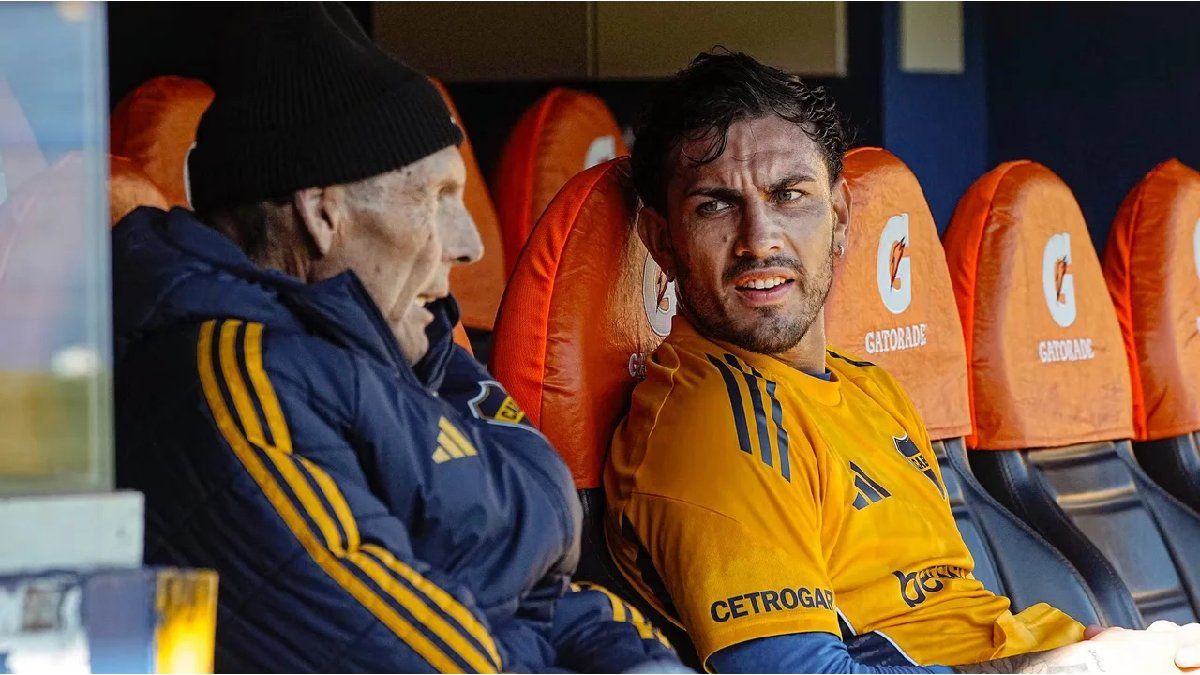The Pro Bahn passenger association hopes that the arbitration in the collective bargaining dispute at Deutsche Bahn, which will begin on Monday, will come to a conclusion – and that there will then be no further strikes.
The Pro Bahn passenger association hopes that the arbitration in the collective bargaining dispute at Deutsche Bahn, which will begin on Monday, will come to a conclusion – and that there will then be no further strikes.
“Although the passengers are not a collective bargaining party, they are the ones who suffer the most from strikes,” said Detlef Neuss from the Pro-Bahn Federal Association of the German Press Agency. Smooth rail traffic is important, especially with a view to the many new customers who have opted for a Germany ticket. “Otherwise these people will get out again straight away,” said Neuss. “For the traffic turnaround, strikes are counterproductive.”
Deutsche Bahn and the railway and transport union EVG will start arbitration proceedings on Monday. The EVG had previously classified the negotiations for a new collective agreement, which had been ongoing since February, as having failed. The labor lawyer Heide Pfarr (SPD) and the former Interior Minister Thomas de Maizière (CDU) should now bring the two parties back to each other as arbitrators and ultimately lead to a solution. The arbitration will last until the end of July, and the parties have agreed not to disclose the location of the talks. The union wants to hold a ballot on the result of the arbitration. This is expected to last until the end of August – until then the union has ruled out walkouts.
“We are glad that both sides agreed to this arbitration and that strikes, including warning strikes, are off the table for the time being,” said Neuss.
Pro Bahn has been demanding for years that at least strike timetables be drawn up and adhered to in the event of strikes. For example, commuters who have no alternative to the train could continue to travel to work with a few connections. So far, however, the union has refused to agree on such timetables, said Neuss.
Source: Stern




